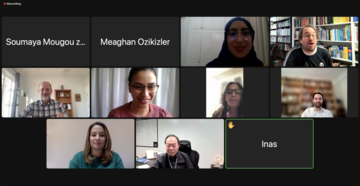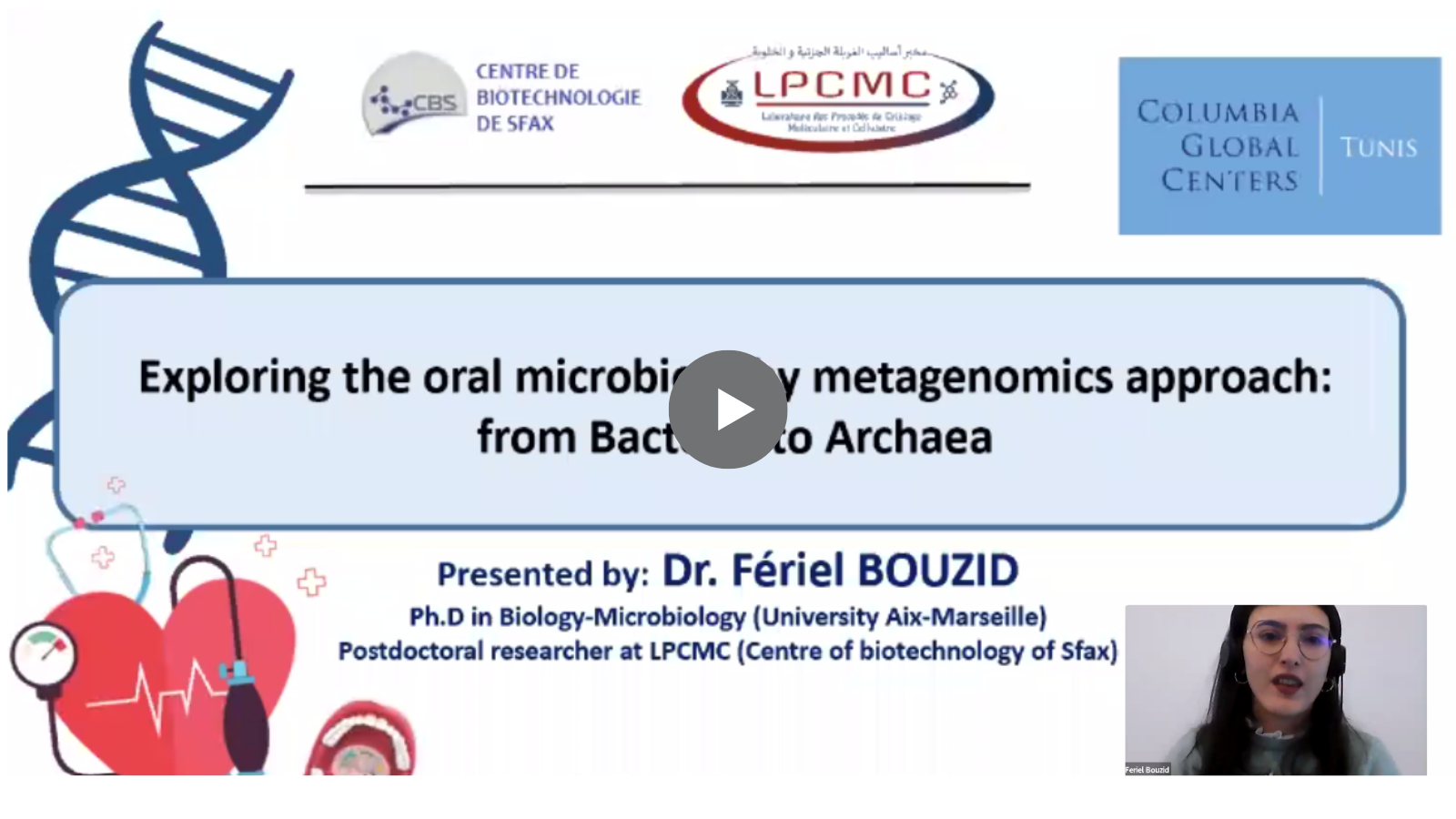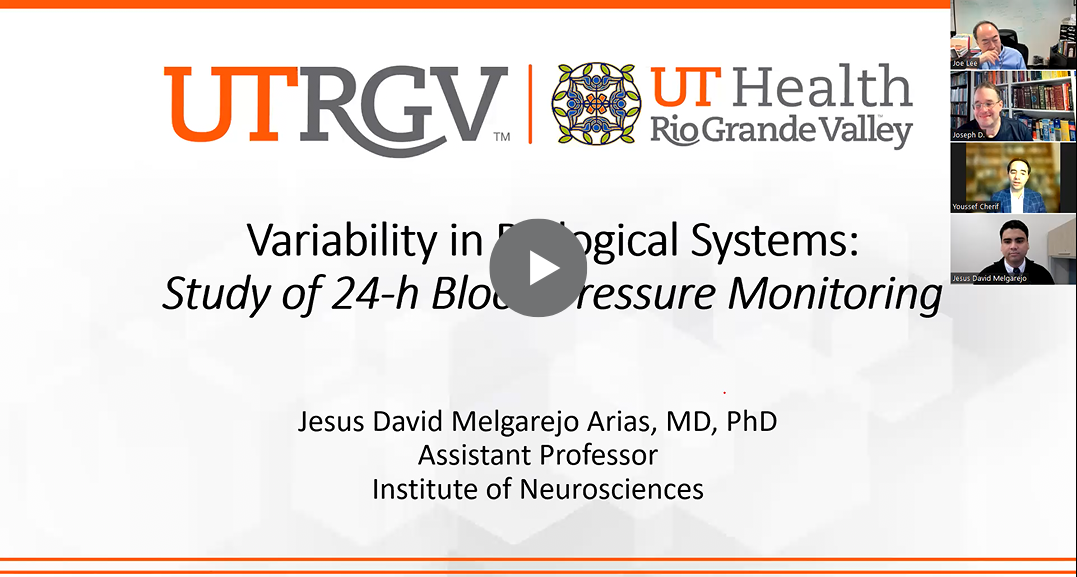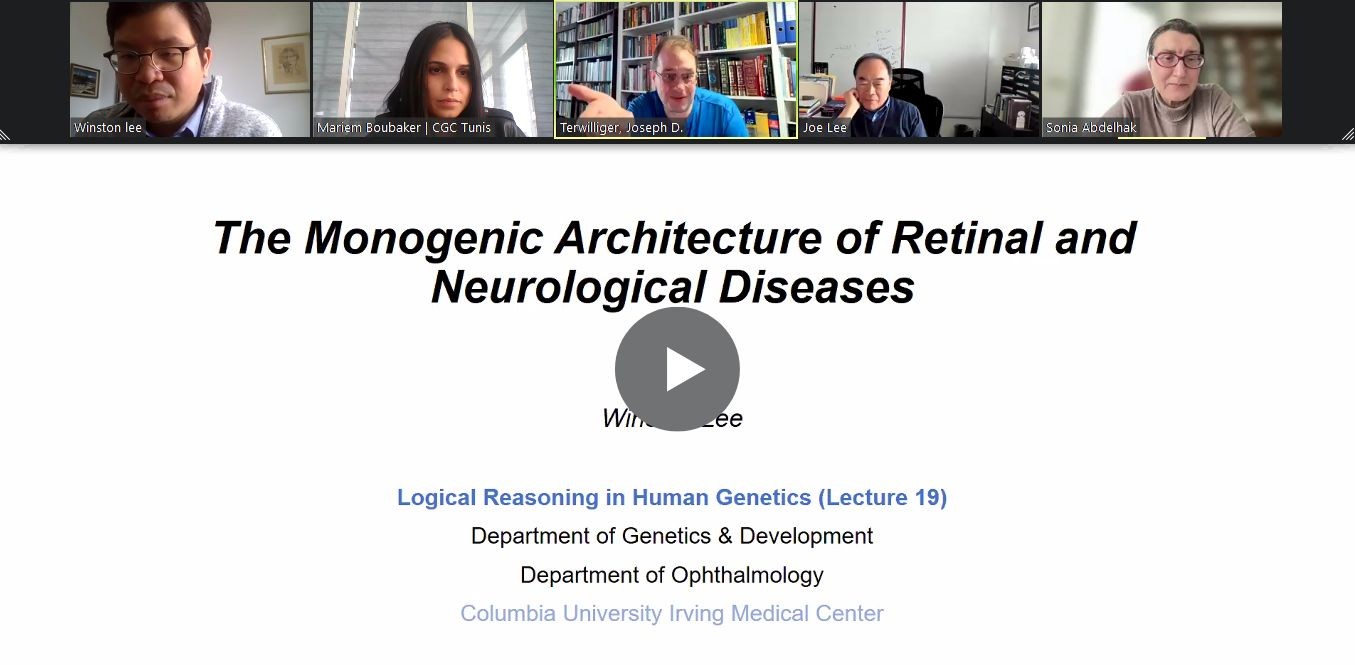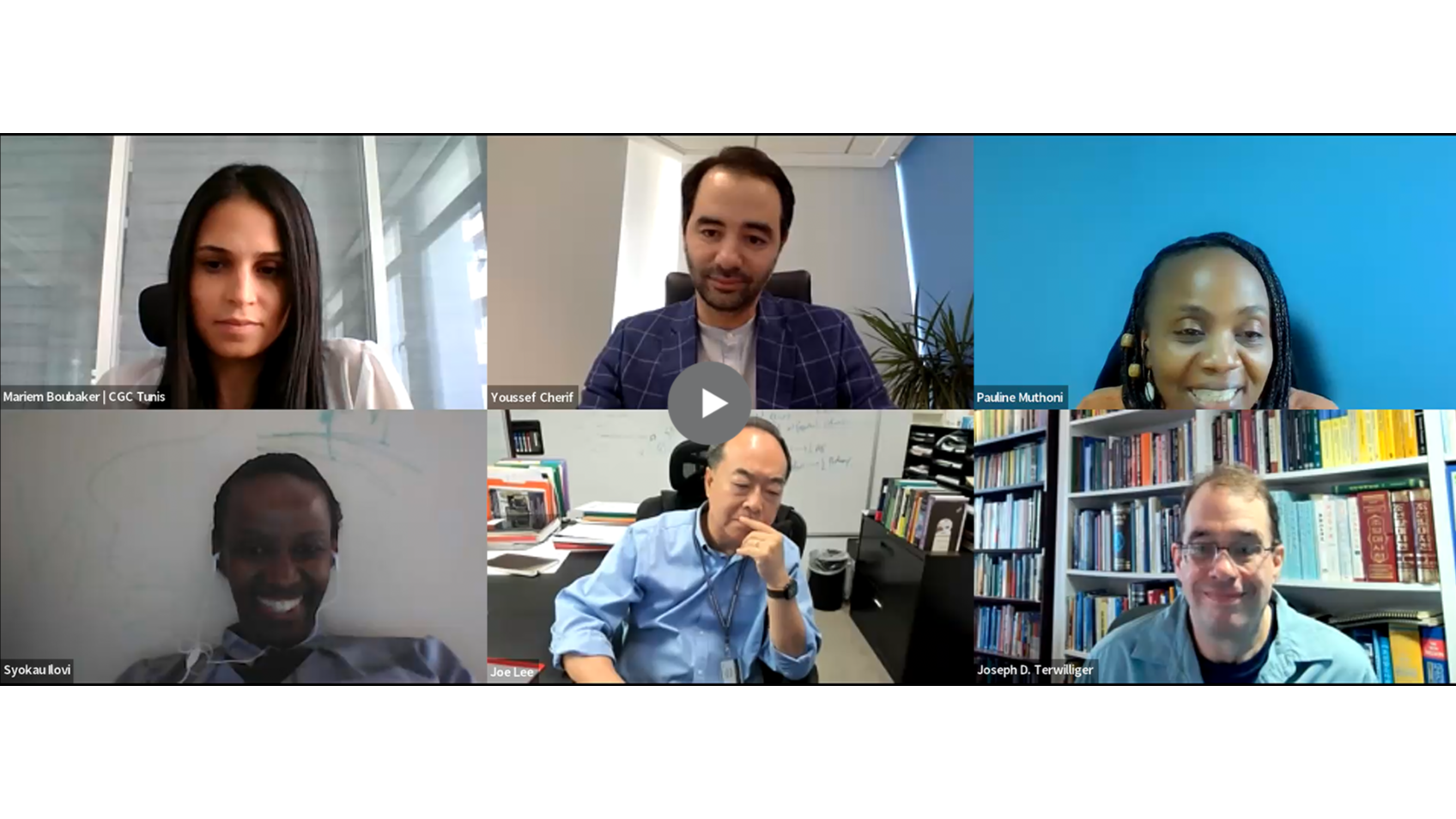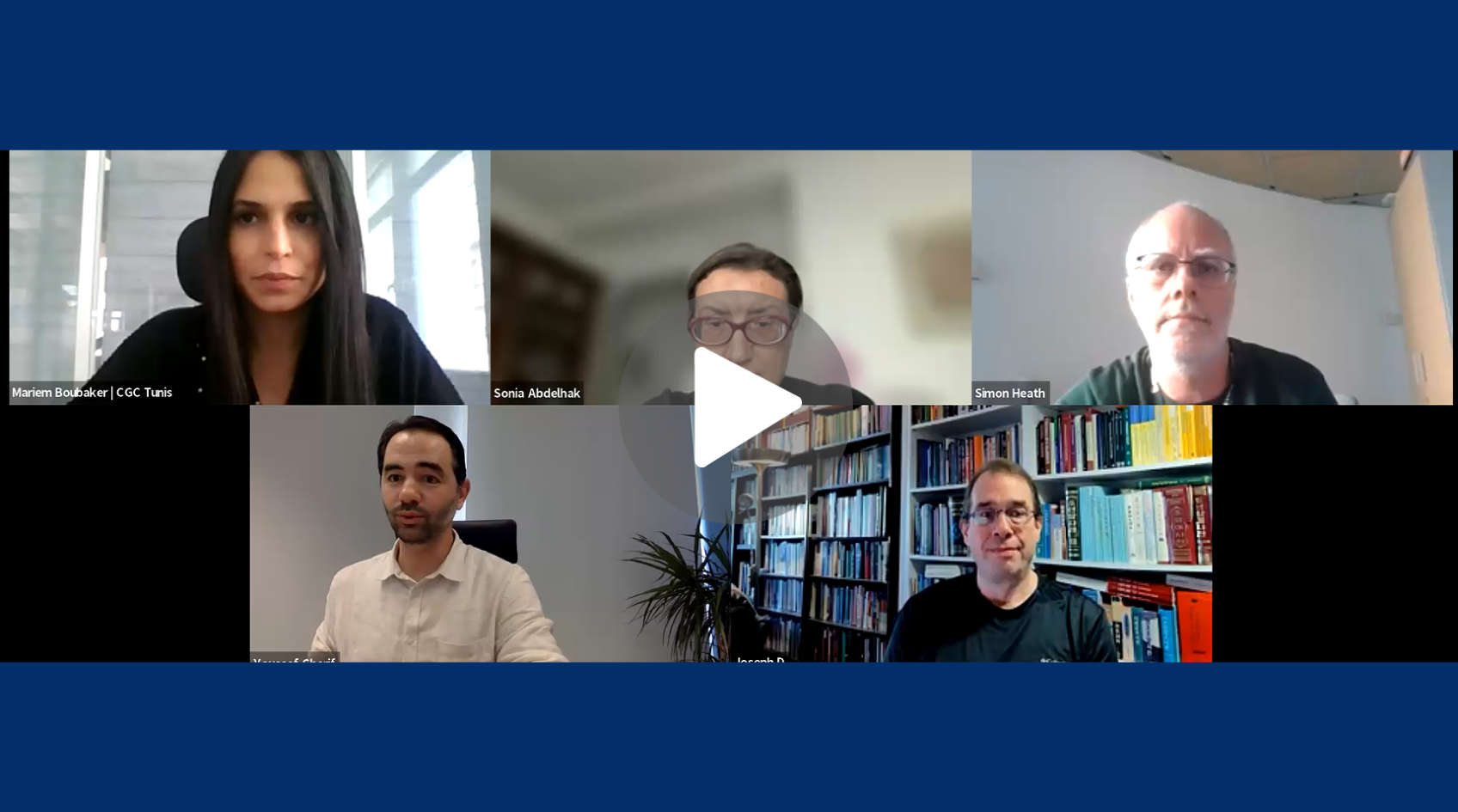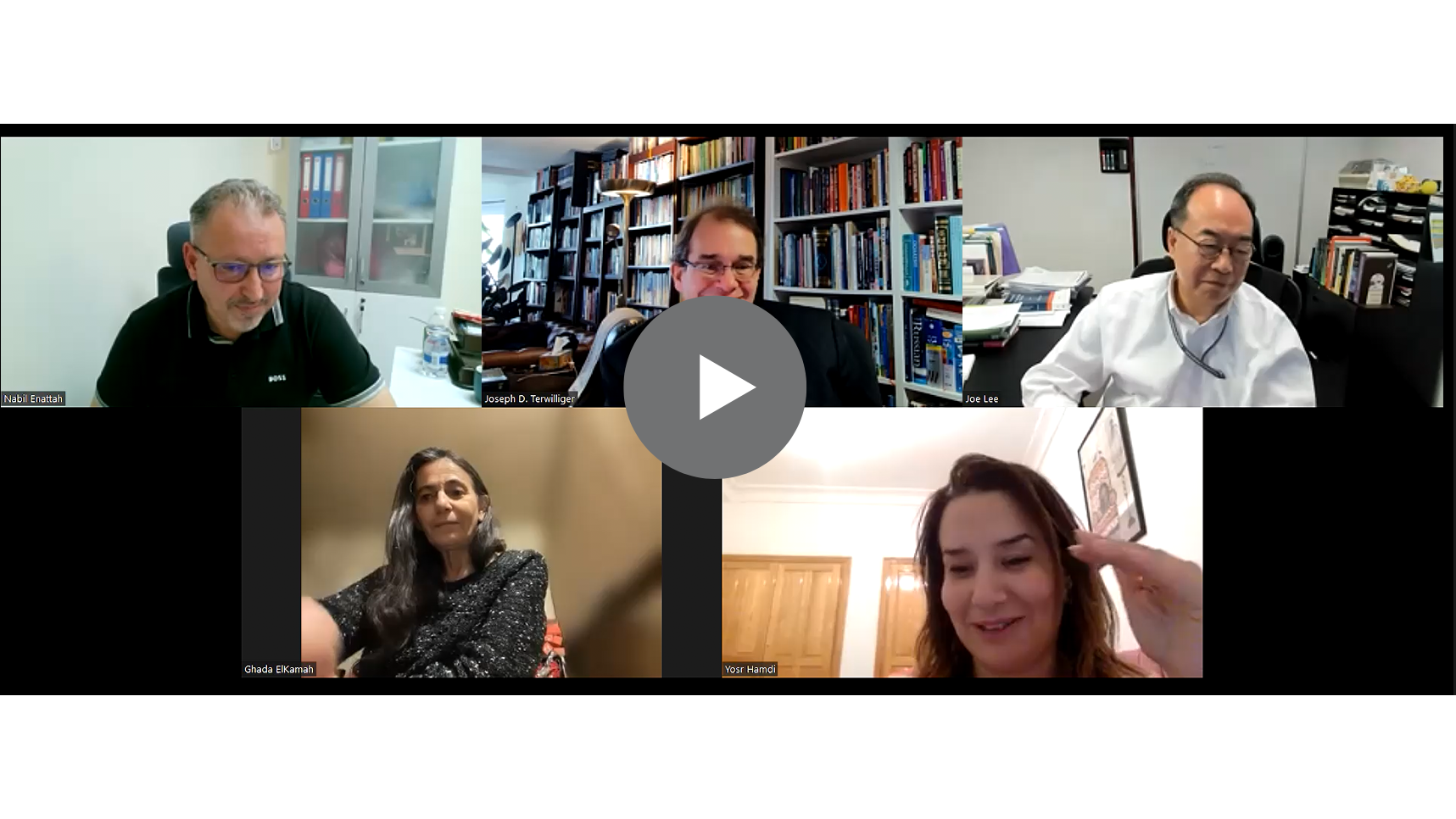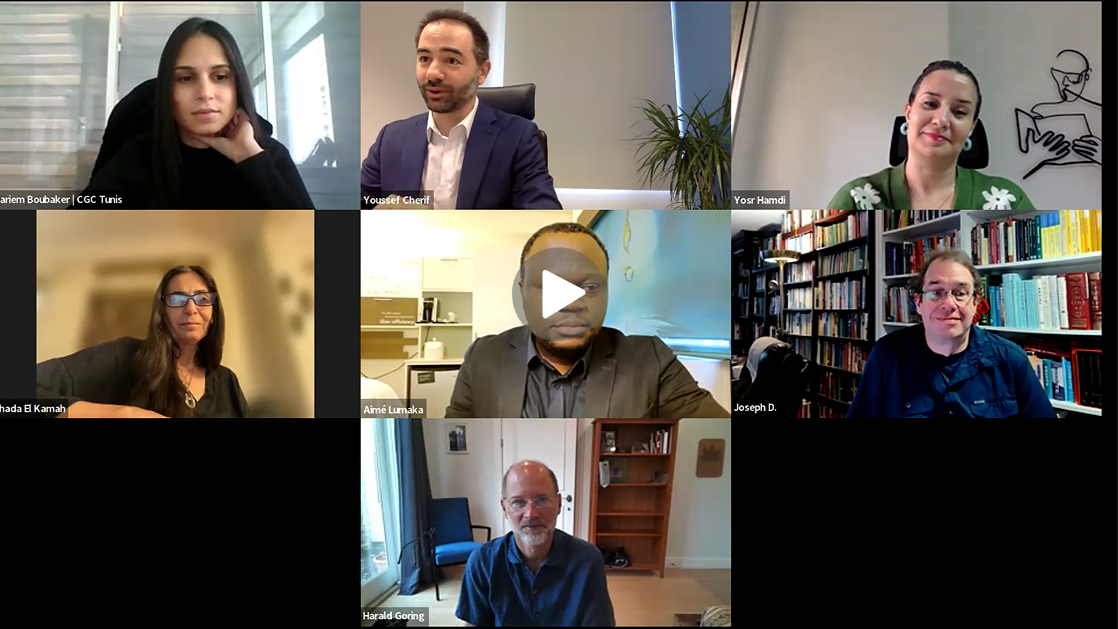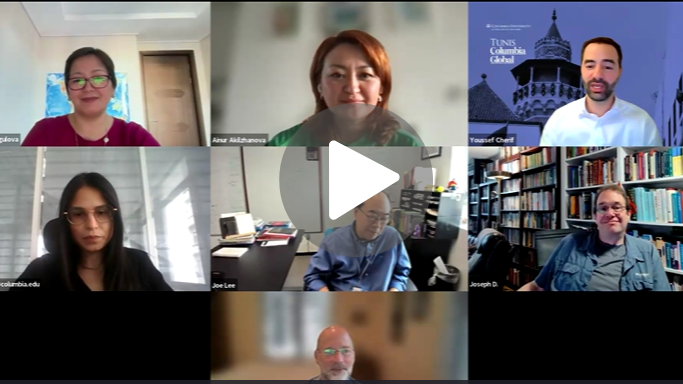Logical Reasoning in Human Genetics
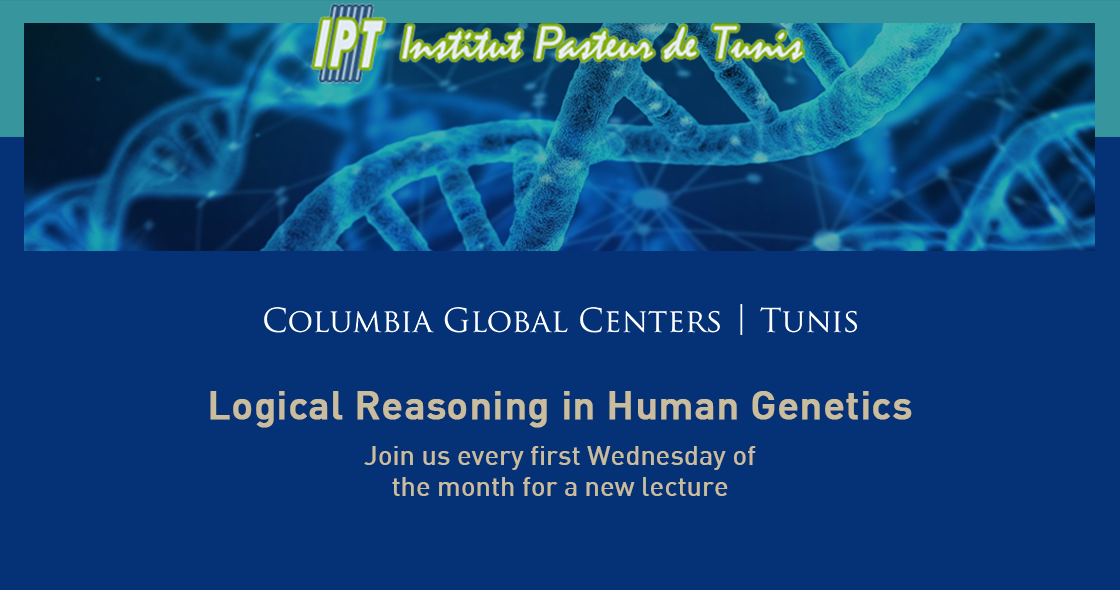
The Logical Reasoning in Human Genetics (LRHG) is a series of lectures, or a course, on human genetics for participants from North Africa (and elsewhere), organized jointly by Columbia Global Centers | Tunis and Institut Pasteur Tunis.
More information can be found here.
The course is led by the following steering committee:
Joseph Terwilliger, Columbia University
Joseph Lee, Columbia University
Sonia Abdelhak, Institut Pasteur Tunis
Yosr Hamdi, Institut Pasteur Tunis
Ghada Kamah, Egyptian National Research Centre
Aisha Nasef, Authority of Natural Science Research and Technology and Ministry of Higher Education and Research in Tripoli, Libya
Youssef Cherif, Columbia Global Centers | Tunis
Course description, overview, and goals:
This course is designed to examine the conceptual, empirical, and theoretical approaches to understanding the complex cause and effect relationships underlying human variation. Despite a century of quantitative research on evolutionary biology and genetics, our hypotheses about the phenogenetic (genotype + environment + culture -> phenotype) relationships underlying human variation seem poorly focused and often based on unnecessarily naïve models. The course will help participants review the basics of evolutionary biology, genetic epidemiology, gene mapping, and how to integrate these three disciplines to address questions of causality in human genetics.
In this course, students will develop critical thinking and logical reasoning skills to learn from what negative experimental results tell us about the architecture of disease and to question the assumptions underlying their experimental approaches to develop better study designs based on better hypotheses for future studies. One common reason experiments "fail" is because the question was poorly posed or the hypotheses being tested were incompletely thought out and justified, not because of technical or analytical errors. In fact, the results have been a major success in showing that the causal landscape is more complex than had been widely expected, but is in fact consistent with biological and evolutionary theory.
This course will introduce basic concepts of human evolution and population genetics — the processes that created the etiological architecture of complex human disease in today’s population. The course will try to explain why most human phenotypes are under the influence of an enormous number of (mostly individually rare) genetic factors that vary both within and between populations. The failures of genome-wide association studies to identify important risk factors for common disease will be shown to be completely consistent with what evolutionary theory actually predicts and is likewise consistent with real data from genetic studies in agriculture and model organisms. Because a researcher cannot do genetic experiments in humans, but is rather forced to work with observational data, students will further discuss how the researcher searches for and utilizes natural experiments that approximate the studies we would design if we had a more convenient species to study. Since evolutionary theory is so critical to understanding exposure distributions in genetic variation, it is critical for anyone working in genetic epidemiology to have a conceptual background in genetics.
This is not a technical how-to course. It is a conceptual trip through the ins and outs of human epidemiological genetics, from an evolutionary point of view, that tries to explain why we are finding what we are finding in genetic epidemiology, and examines why earlier dreams of genetically-predictive personalized medicine have not come to fruition. Rather than teaching students how to analyze data, how to do research, and so on, this course will focus on critical reading of the literature, and examination of the assumptions and occasional contradictions underlying the search for understanding of the relationships between genetic variation and human disease.
Extra lectures: “How Do We Know What (We Think ) We Know About Biological Causation'': Video of lecture and Pdf of slides.
OUR LECTURES
Related News
Columbia Global Center Tunis Relocates to Regus Virtual Office
Columbia Global Center Tunis has officially moved to a new address. Effective immediately, our operations will be conducted from the Regus Virtual Office located at Carthage Centre, Rue du Lac de Constance Bloc A 2, 1053 Tunis.
Summer Highlights at the Tunis Center
As summer comes to an end, we're excited to share some of the key developments and activities that have shaped our community.
The Green Barrier of the Mediterranean: the Future of Mediterranean Climate Resilience
“In a world growing hotter day by day, the Mediterranean has emerged as a critical battleground in the fight against the climate crisis. The Mediterranean region faces an especially acute climate crisis, warming 25% faster than the world average, with summer temperatures rising 40% more rapidly. 1 In recent years, this accelerated warming has driven increasingly severe and frequent heat waves, droughts, and wildfires across the basin.

